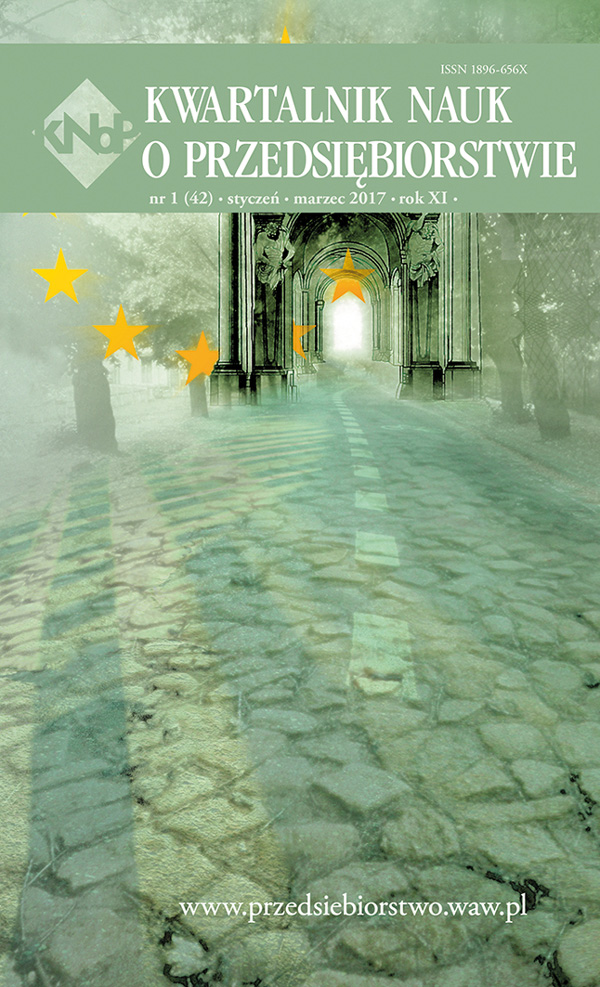To be or not to be in the eurozone?
Main Article Content
Abstract
The essay deals with controversies related to the possibility of changing Polish złoty to the euro. The Author recalls the history of creation of the European Union, then the euro area, and discusses the dilemmas associated with determining the level of a potential exchange rate, highlighting at the same time, the importance of this rate for the Polish companies and their future competitiveness.
Downloads
Article Details
The author of the article declares that the submitted article does not infringe the copyrights of third parties. The author agrees to subject the article to the review procedure and to make editorial changes. The author transfers, free of charge, to SGH Publishing House the author's economic rights to the work in the fields of exploitation listed in the Article 50 of the Act of 4 February 1994 on Copyright and Related Rights – provided that the work has been accepted for publication and published.
SGH Publishing House holds economic copyrights to all content of the journal. Placing the text of the article in a repository, on the author's home page or on any other page is allowed as long as it does not involve obtaining economic benefits, and the text will be provided with source information (including the title, year, number and internet address of the journal).
References
Hryniewicka M. [2017], Polskie przedsiębiorstwa – koszty i korzyści przystąpienia do strefy euro, „Kwartalnik Nauk o Przedsiębiorstwie”, nr 1(42).
Kołodko G.W. [2017], Ekonomia i polityka konwersji złotego na euro, „Kwartalnik Nauk o Przedsiębiorstwie”, nr 1(42).
Szymański W. [2016], Zagrożenia płynące ze stron polskich finansów dla polskiej gospodarki, „Kwartalnik Nauk o Przedsiębiorstwie”, nr 3(40).
Tradingeconomics [2017], Strefa euro – podaż pieniadza, “Trading Economics”, http://pl.tradingeconomics.com/euro-area/money-supply-m3, dostęp 7/03/2017.

